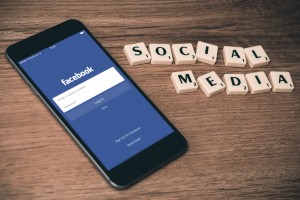
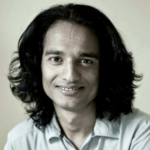 By Kaushal Kishore*
By Kaushal Kishore*
The Supreme Court has dismissed the petition of the social media giant Facebook last week. Now the Peace and Harmony Committee of Delhi assembly can accomplish its job. The nine members committee headed by Raghav Chadha needs to refrain from acting like police or court in future. Immaturity of the legislature reflects in this issue, when they tried hard to encroach upon the area of the executive and judiciary. It has created a room for partial relief in the court for Facebook. The lordships in the courts are troubled for the long time due to the rising rift between the Kejriwal government in Delhi and the Modi government in the Centre. Facebook seems to take advantage of it, as they approached the court. Here the Supreme Court has exposed the politics involved in this case, and further inspired elected governments to work in the interest of the country.
The bench comprising Justice S.K. Kaul, Dinesh Maheshwari and Hrishikesh Roy has delivered the verdict in this petition after the long hearing during the restrictions of the pandemic. The two reasons can make it a historical judgment. If the leaders follow the sagacious advises they can address shortcomings as to what the government in Centre and in the state have been unable to see eye to eye on the issues of governance in Delhi. They can further address the challenges from external forces. It’s not possible for these elected governments to live up to the expectations of the country and the state without addressing these challenges.
Also read: Revisiting Chipko Movement with the Bahugunas
The Legislative Assembly of Delhi constituted the Peace and Harmony Committee after the communal riots in the national capital before the end of February last year. The study of the committee reveals the use of Facebook’s platform to carry out the riots. Consequently the vice president and managing director of Facebook India, Ajit Mohan was summoned to depose before them in mid September. Facebook requested them to withdraw the notice in order to avoid being involved in this process. Thereafter the chairman of the committee called a press conference and declared to file the supplementary charge-sheet against Facebook more like any prosecution agency or the court. As a result, they have filed this petition.
The platforms of Facebook and Twitter have certainly offered easy means of communication and redefined the freedom of speech and expression. As an outcome the dialogue between policy makers and common people increased on one hand, and many groups and individuals focused on its destructive potential on the other. The scope of it is not limited to the Delhi riots. These platforms are the medium of propagating rumours of rigging the Presidential election in the USA. The respective CEOs of Facebook, Twitter and Google, Mark Zuckerberg, Jack Dorsey and Sundar Pichai were summoned by the Committee after the violence at the Capitol Hill. The observation of its head Frank Pallone is remarkable, “For far too long, big tech has failed to acknowledge the role they have played in fomenting and elevating blatantly false information to its online audiences. Industry self regulation has failed.” They have been trying to regulate such irresponsible and violent tendencies.
The court observed that for Facebook what matters is the business, neither morality nor legal responsibility. In fact, Facebook tops across the social media platforms in India with 270 million registered users. The width of such access cannot be without responsibility as these platforms have become power centres themselves, having the ability to influence vast sections of opinions. This is the reason that the government and the courts are constantly making efforts to stop the misuse of these intermediaries.
These mediums for exchange of information and ideas created a vast empire in a short span of time. Today one third population of the world is regular user of the Facebook service. As such the empire of this multinational corporation is bigger than the political boundaries of any nation-state. In such a situation, they can play with the law of the land with a simple change in its algorithms. Here the contradictory pieces of information mentioned in their affidavit before the court can be helpful. They claim to have no control on the contents available on its platform due to being an intermediary, on the other hand Facebook has acknowledged in their reply that they removed 22.5 million pieces of hate speech content in the second quarter of 2020. It means they exercise a substantial degree of control over the contents. Moreover, the Facebook has projected itself in the category of a publisher in the USA to gain protection under the ambit of the First Amendment. But in India, it has chosen to identify itself purely as a social media platform, despite its similar functions and services in the two countries.
Surprisingly, the platform on which all the misinformation and disinformation are being displayed, shivers away from its responsibilities. Taking these facts into account, the court observed that Facebook has the power of not simply a hand but a fist, gloved as it may be, and raises concerns of editorial responsibility. Facebook has engaged both—BJP and AAP—in its business strategy as a kind of victims. Their counsel Harish Salve contended that the petitioners were ready to comply with any Indian law, what they were not desirous of doing was to be drawn into an aspect of political divide, and referred to what the Union Communication Minister said in a letter that Facebook India was leading a concerted effort to shrink the space for dialogue for those with a right-of-centre ideology. On the other hand, the government of Delhi has alleged that there was a pro-right bias of Facebook.
The multinational corporation engaged in business growth and profiteering has used technology to mislead not only the people of the country but also its leaders. The people of Delhi continued to burn in the fire of violence while being a victim of polarisation. Thereafter the same corporation reached the court to take advantage of the tussle between the two governments.
Propaganda dominates over the truth in this age of information technology. The misuse of social media is increasing day-by-day. Moreover the repeated battles between the Delhi government and the Central government. appear to have cast a shadow over the well-meaning intent of the Committee to assess the peace and harmony in the national capital. As such the court upheld, it is not far from truth to say that parliamentary session is a public exhibition, whereas in its Committee rooms it’s at real work, as the twenty-eighth President of America, Woodrow Wilson said in 1885. Their observations on the division on works and the politics involved in between are significant. The lack of maturity reflects from both sides, however, the citizens of Delhi shown their maturity on two different occasions. Now it is the turn of the government in the Centre and Delhi to arrive at a solution by showing statesmanship, combined action and sincere cooperation.
*Kaushal Kishore is the author of The Holy Ganga (Rupa, 2008) and Managing Editor of Panchayat Sandesh, a monthly organ of All India Panchayat Parishad. The views expressed as personal


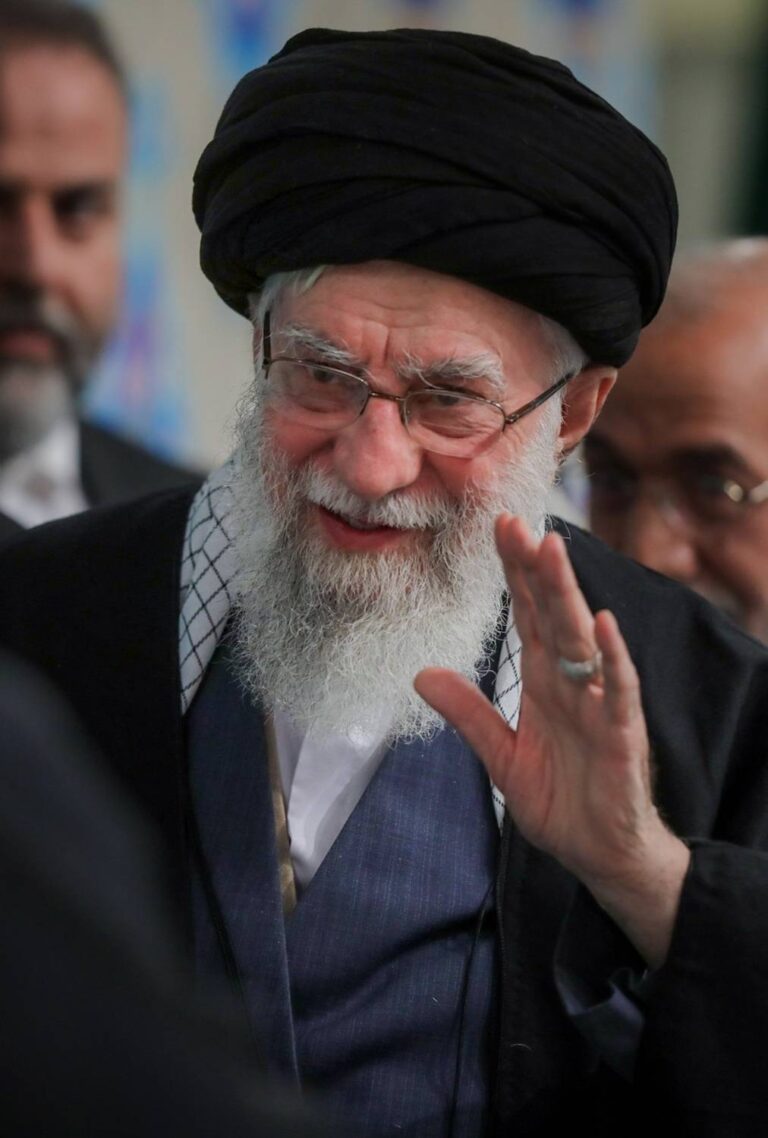
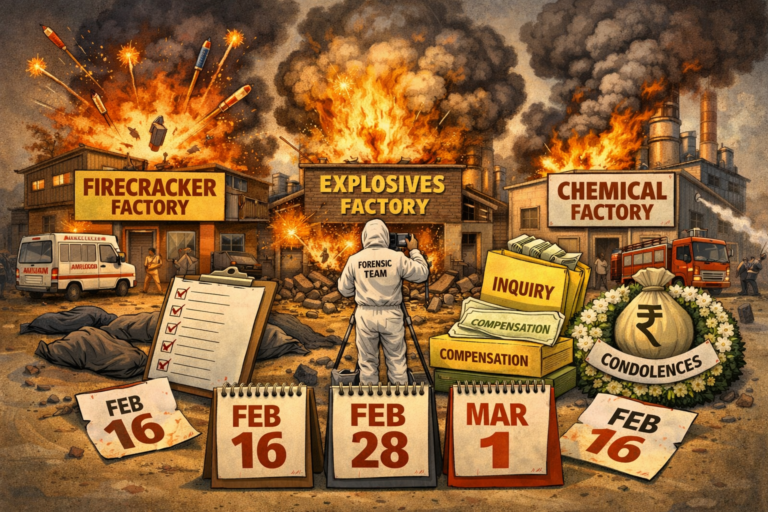

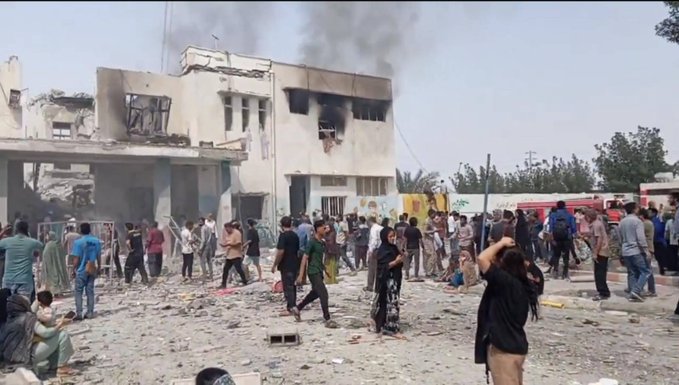
Kaushal is wrong when he posits “Facebook has substantial degree of control over content.”
Facebook is right when its masters say, “They have no control over content.”
FB only controls which post it can choose to delete.
The problem is the damage a fake or vilifying post inflicts on victims before FB decides to delete it.
Secondly, FB and other communication Apps have not “redefined freedom of expression”. Hitech has added exponential speed and reach of text, photos and videos across continents.
Lawmakers have the power to redefine and amend laws that govern freedom of expression.
Appreciate Global Bihari’s efforts to promote free speech and encourage readers to discuss ideas that help in building a nation. Thank you.